The 17 Books We Can't Wait to Read This Fall
Bid goodbye to the breezy summer read, falls' impending approach heralds the arrival of some heavyweight literary hitters. Here, a subjective, incomplete guide from Vogue editors and contributors to the season's best reads.
Inconspicuous Consumption by Tatiana Schlossberg (August)

In Inconspicuous Consumption: The Environmental Impact You Don’t Know You Have, New York Times reporter Tatiana Schlossberg takes a diagnostic approach to the unfolding catastrophe, meticulously examining the hidden effects of everyday decisions that seem far from the landscapes and bodies of water they are changing—from the way we wash our clothing to where we store our data. Schlossberg’s book is a sobering look at the detriment we do even when we might think we’re behaving responsibly. Those athleisure leggings made of plastic bottles? They are probably contributing the ominous-seeming microfibers that are ending up in shellfish and the guts of fish. Your fleece, in other words, might be a bigger environmental culprit than your drinking straw. (Schlossberg estimates that 85 percent of the plastic pollution found on shorelines is in the form of microfibers.) It’s a somewhat depressing exposé, but, as they say, knowledge is power. - CHLOE SCHAMA
Where the Light Falls: Selected Stories of Nancy Hale edited by Lauren Groff (September)
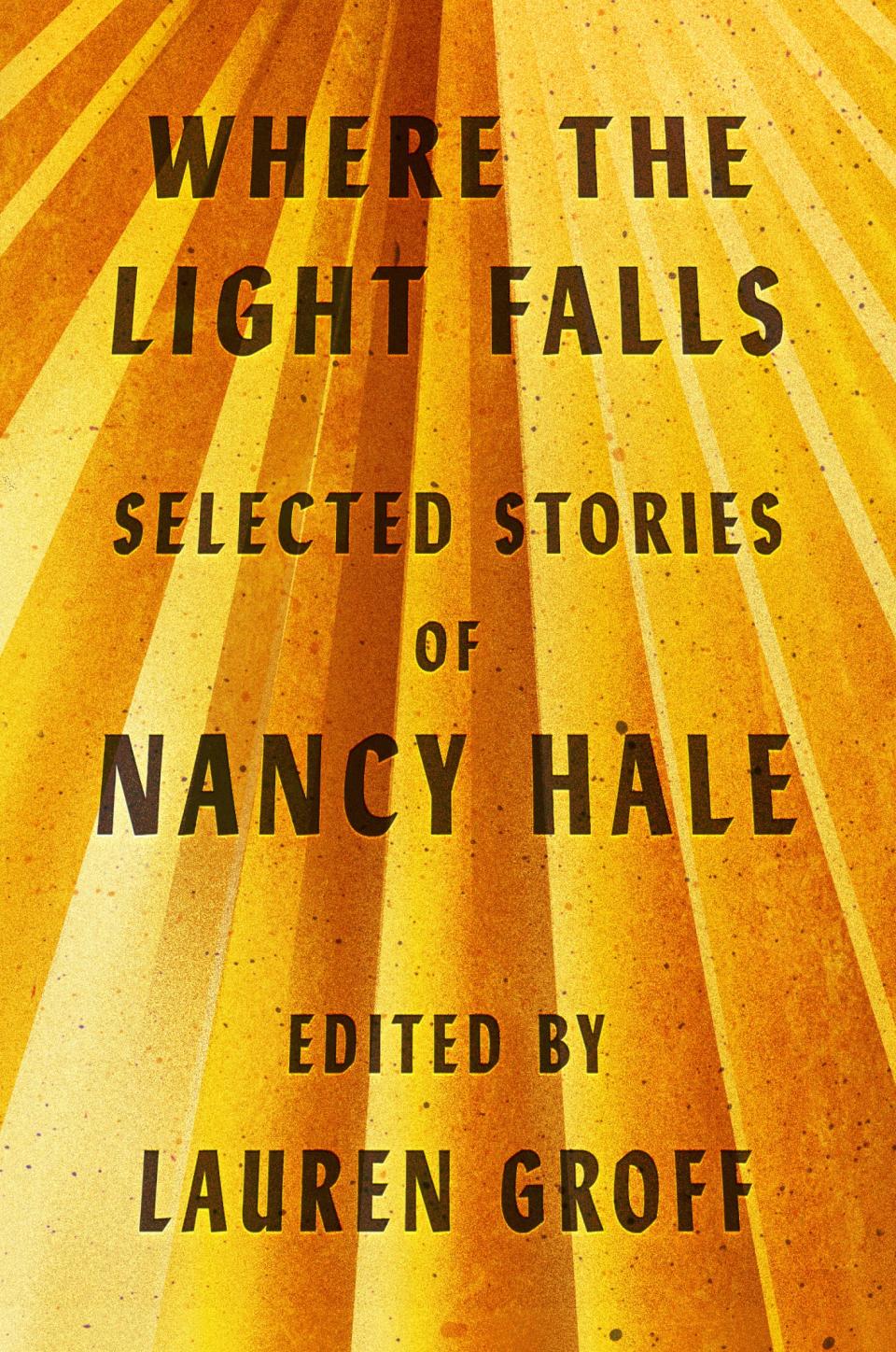
Nancy Hale published her first short story in The New Yorker at age 21; she would go on to publish more than 80 in the magazine. And yet, when she died in 1988 at the age of 80, she was largely forgotten, a state that has persisted in the 30-odd years since her death. “I am a rabid and fanatic practitioner of this literary form,” writes Lauren Groff in her introduction to this stunning, crystalline collection, “but I confess that my only exposures to Nancy Hale before this project were in a few late-night insomniac forays into the online archives of The New Yorker.” With this book, Groff writes, she is hoping to offer a “necessary correction” to the author’s “slow slide into oblivion.” Born to Bohemian artist parents in 1908, Hale spent her childhood in the Boston area and the New England shore—a hardscrabble coastal area reflected in her stunning story “To the North,” which Groff calls “a world-class achievement.” Hale then moved to New York in her early twenties, where she was on staff at Vogue, and published pieces in Harper’s, Vanity Fair, and Scribner’s, before moving in 1935 to Virginia, where she wrote for the rest of her life. Hale writes with a crisp realism that is almost deceptive in its simplicity; the power of her prose sneaks up on you. - CHLOE SCHAMA
Year of the Monkey by Patti Smith (September)
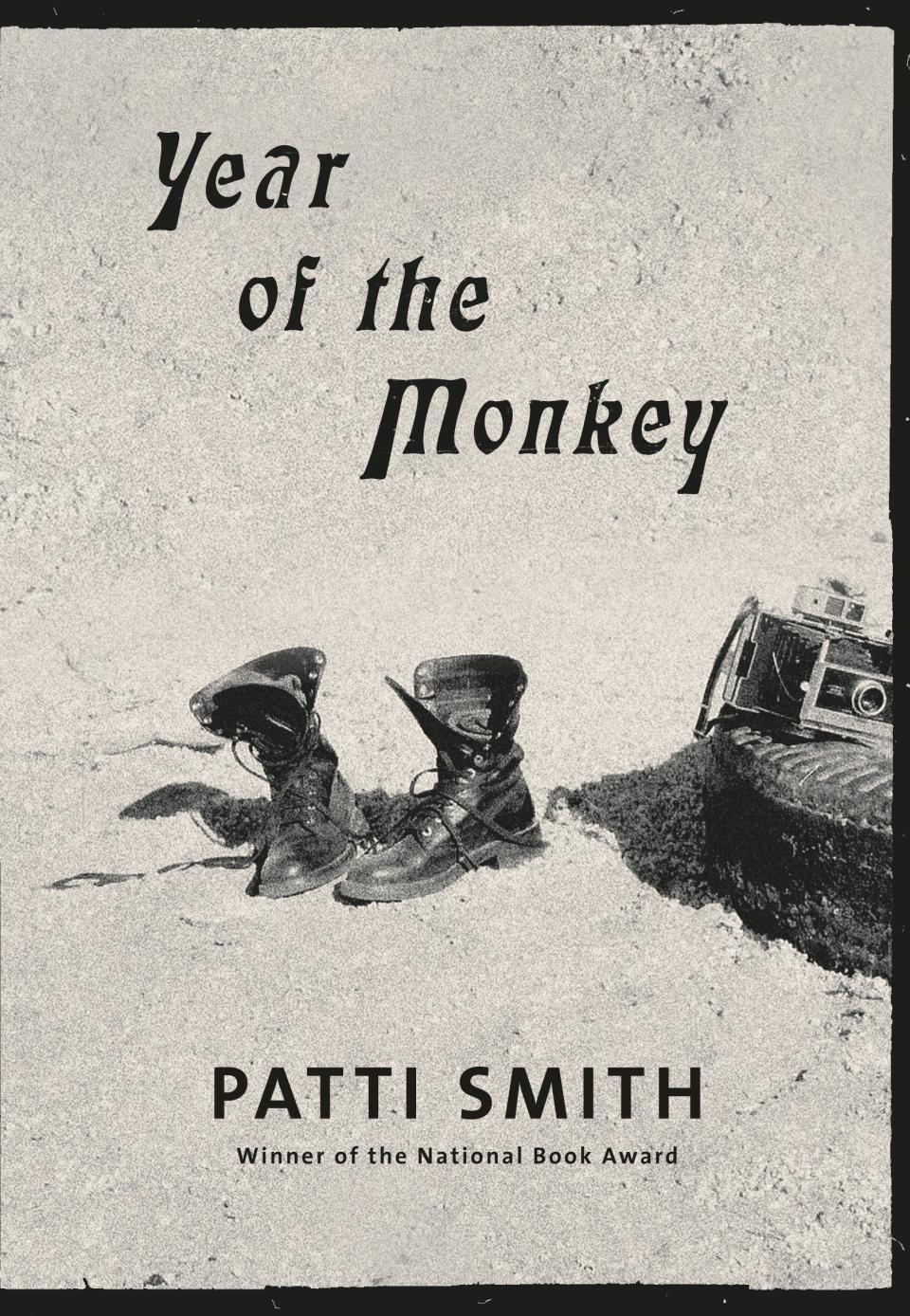
Patti Smith—Rock & Roll Hall of Fame inductee, poet, and author of Just Kids and M Train—returns with a new memoir, in which dreams and reality blend. Smith began writing Year of the Monkey on New Year’s Day back in 2016, a transformative year for the artist that brought aging, the loss of friends, and overall disillusionment. Juxtaposed with this personal narrative are Smith's descriptions of western landscapes she visited, from the coast of Santa Cruz to the Arizona desert. Fact and fiction increasingly blur, a combination made more surreal by Smith's obsession with the most minute of details, like foreign candy wrappers that keep popping up in various locations. It’s a gripping tale of escapism and the search for meaning in times of turbulence—expressed with Smith’s signature poetic flair. - CHRISTIAN ALLAIRE
How to Be a Family by Dan Kois (September)
I read How to Be a Family with a mix of awe and bitter envy. You mean this guy just packed it in and left? For an entire year? This is the unlikely and extremely enviable premise of Dan Kois’s memoir/manual for plucking your kids and yourself from a comfortable, over-committed life and moving, for three-month increments, to New Zealand, the Netherlands, Costa Rica, and small-town Kansas. “The dream of chucking it all and starting a new life somewhere far away is one of the foundational fantasies of upper-middle-class parenting,” Kois writes and he and his wife patched together a way to live out this non-American dream (fleeing the country, coincidentally, just after the election of Donald Trump). The book can sometimes veer into cultural generalization, but it does so with a knowingness that deflects any criticism; he wasn’t going to really know the culture a few months, and he knows it. “Whatever kind of jerk you can think of, it’s a kind of jerk I would definitely feel like at least once during our year’s travels.” Kois is a self-aware, menschy, and amusing guide to this adventure, picking apart what you can leave behind, what you can pick up along the way, and what will follow you wherever you are. - CHLOE SCHAMA
The Secrets We Kept by Lara Prescott (September)
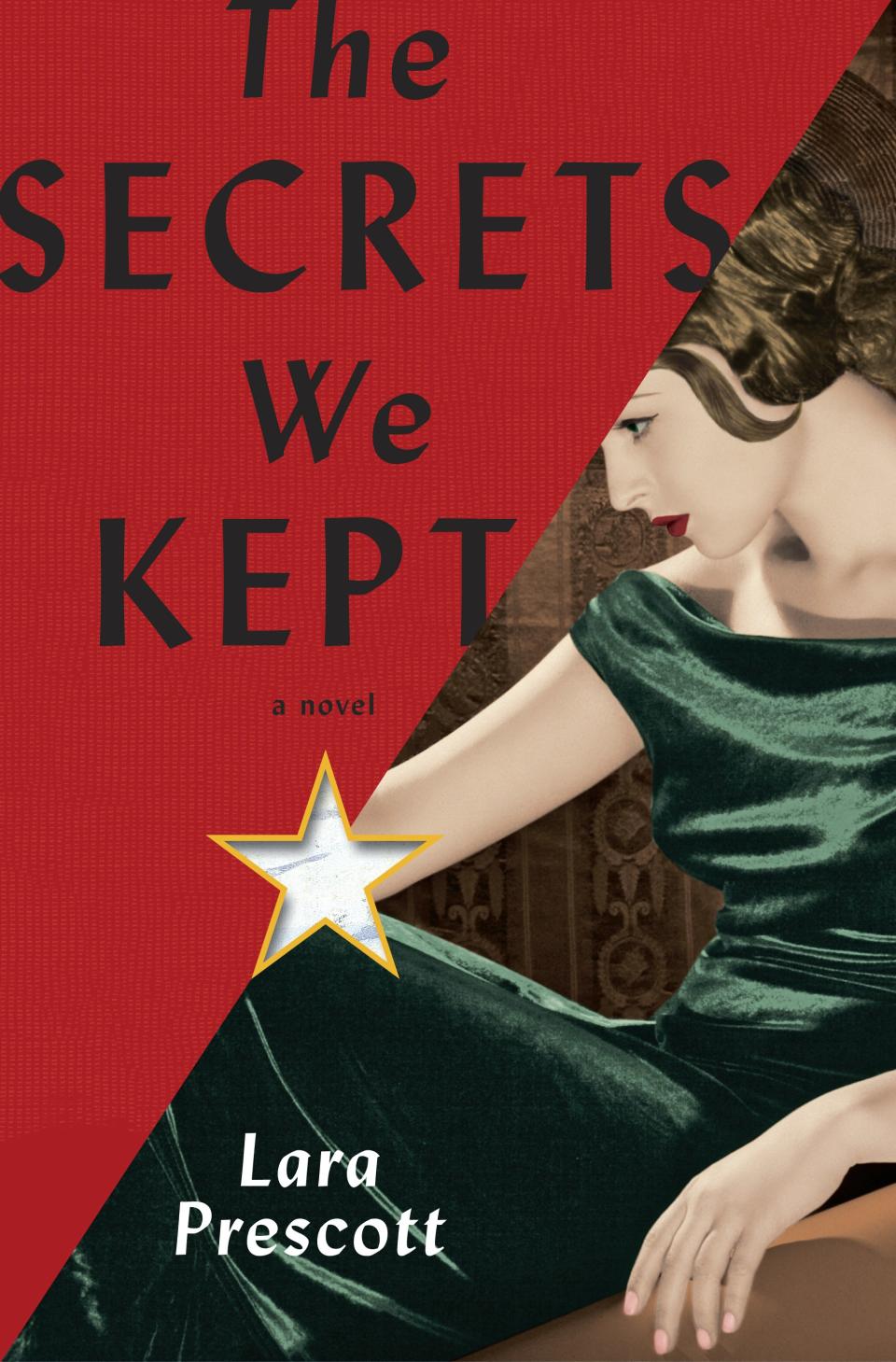
Perhaps the fall’s most evocatively escapist book is Lara Prescott’s enthralling debut novel, The Secrets We Kept, which tells the story of Boris Pasternak’s Doctor Zhivago—that snowy, romantic, and most revolutionary of novels—and its journey out of the Soviet Union and into the hands of Western readers. Among the cast of post-war characters: the brilliant female CIA operatives plunked back into secretarial jobs after more ambitious wartime assignments; Pasternak’s long-suffering mistress, who spends three bone-grinding years in the gulag for the crime of helping Pasternak; and two unlikely female spies—one an old hand, the other her protege—who leave their male colleagues in the dust. This is the rare page-turner that’s prose is as wily as its plot. - HILLARY KELLY
The Dutch House by Ann Patchett (September)
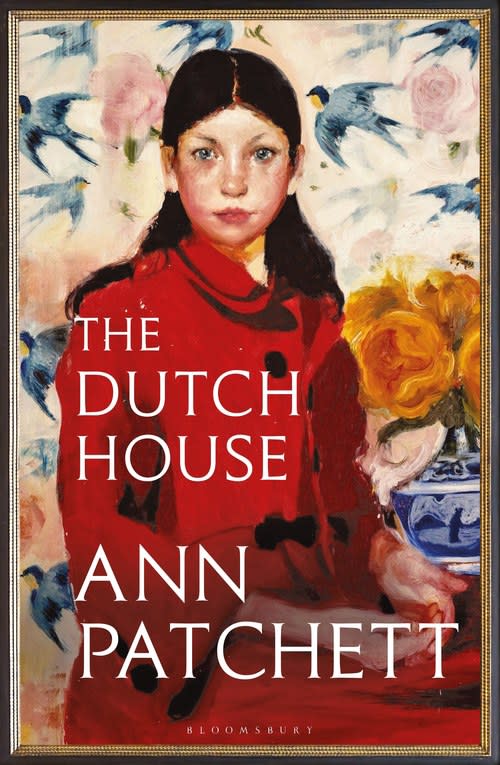
With its resplendent rooms and gilded fixtures, the titular building of Ann Patchett’s The Dutch House is more like a fairy-tale castle than a suburban home. So it’s fitting, then, that Danny and Maeve’s icy stepmother banishes the two children from the house—like something out of the Brothers Grimm—after their father dies from a stroke. (Their mother disappeared early in their childhood, fleeing the grandeur of their home to tend the poor in India.) As the fiercely loyal siblings grow up, they’re held captive by the house, and the lives that they might have lived inside it. Returning to their street late at night, they sit and smoke and wonder why they were destined to begin life with so much and suddenly end up with so little. Stretching back into the house’s glittery past, this is a poetic new work from a master of family dynamics. - HILLARY KELLY
The Education of an Idealist by Samantha Power (September)
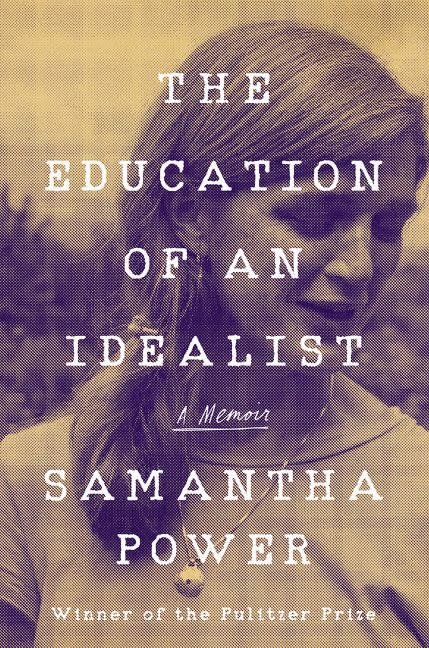
Samantha Power’s lively, sprawling, and strikingly personal memoir The Education of an Idealist takes us from her middle-class Irish upbringing, where her dad’s beloved local pub was a kind of child’s playground, to her days as a freelance war correspondent in Bosnia, to her crash-test months as a foreign policy advisor to presidential candidate Barack Obama. (Notoriously, she called Hillary Clinton “a monster” to a reporter, which resulted in her being fired from the campaign—she devotes a candid chapter to the episode.) Power won a Pulitzer for her first book about genocide, A Problem from Hell, and she writes vividly and lucidly here about her turn in the international spotlight, serving as President Obama's ambassador to the UN during two crises—wars in Libya and Syria—that would test her mettle. She emerges more determined than ever that the U.S. can, and should, be a force for good in the world. - TAYLOR ANTRIM
Olive, Again by Elizabeth Strout (October)
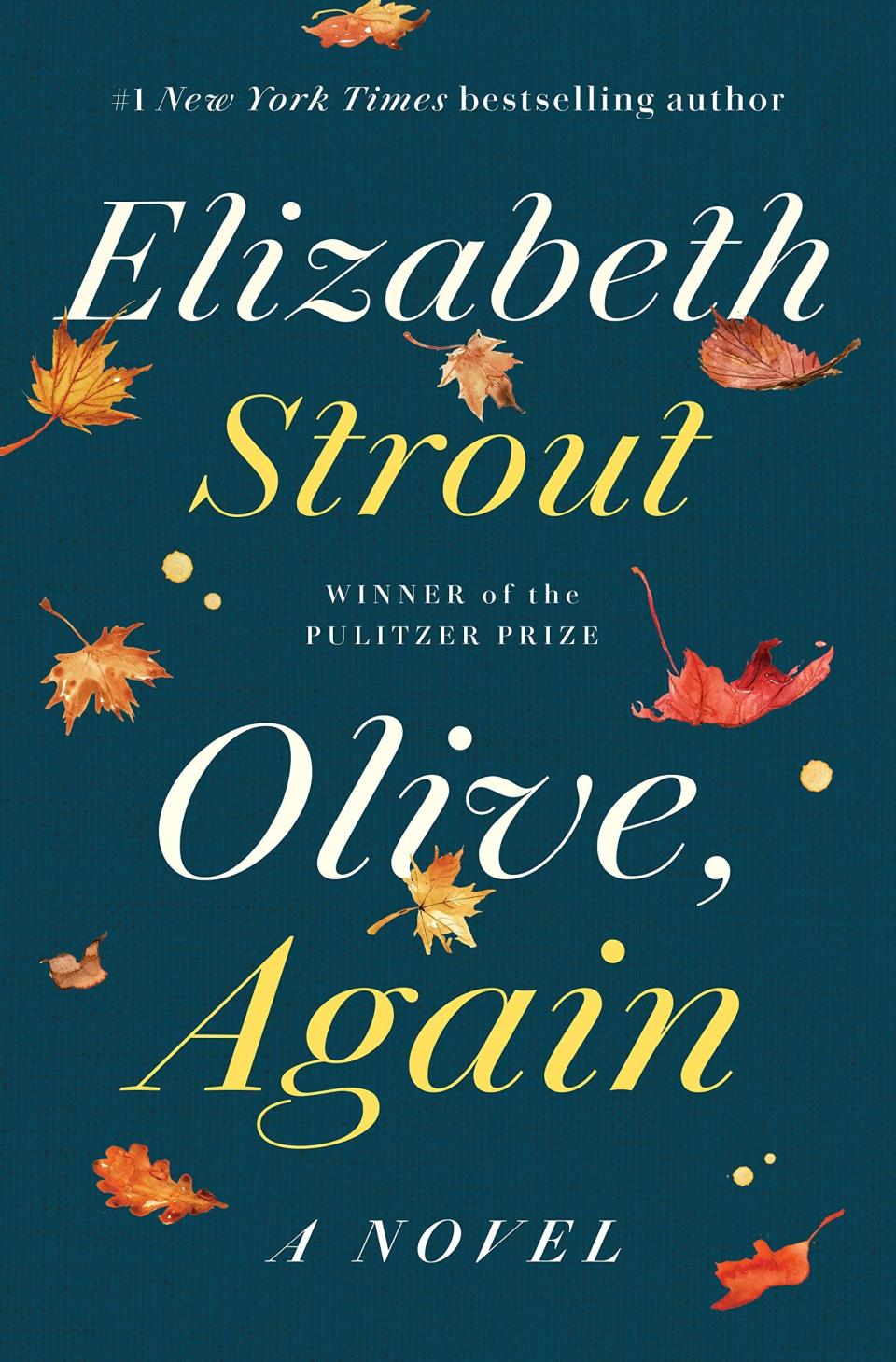
Elizabeth Strout’s books are all celebrated, but her greatest triumph remains Olive Kitteridge, the 2008 Pulitzer Prize–winning collection of interconnected stories set in the fictional town of Crosby, Maine, and starring the flinty, flawed title character (played, indelibly, by Frances McDormand in the HBO adaptation). Kitteridge is back in a sequel of sorts, Olive, Again—another novel-in-stories which is somehow both achingly sad and delightfully fun. Kitteridge has a new man in her life, the semi-disgraced Harvard professor she was getting to know at the end of the first book, and is still bewildered by love for her wayward son. She is also, piercingly, in decline. Strout has an ineffable skill at combining compassion and unsparing, brutal observations about life and how to live it—and her book, crowded with characters and incident, races by. Kitteridge remains a formidable and utterly human heroine to its final, heartbreaking page. - TAYLOR ANTRIM
The Topeka School by Ben Lerner (October)
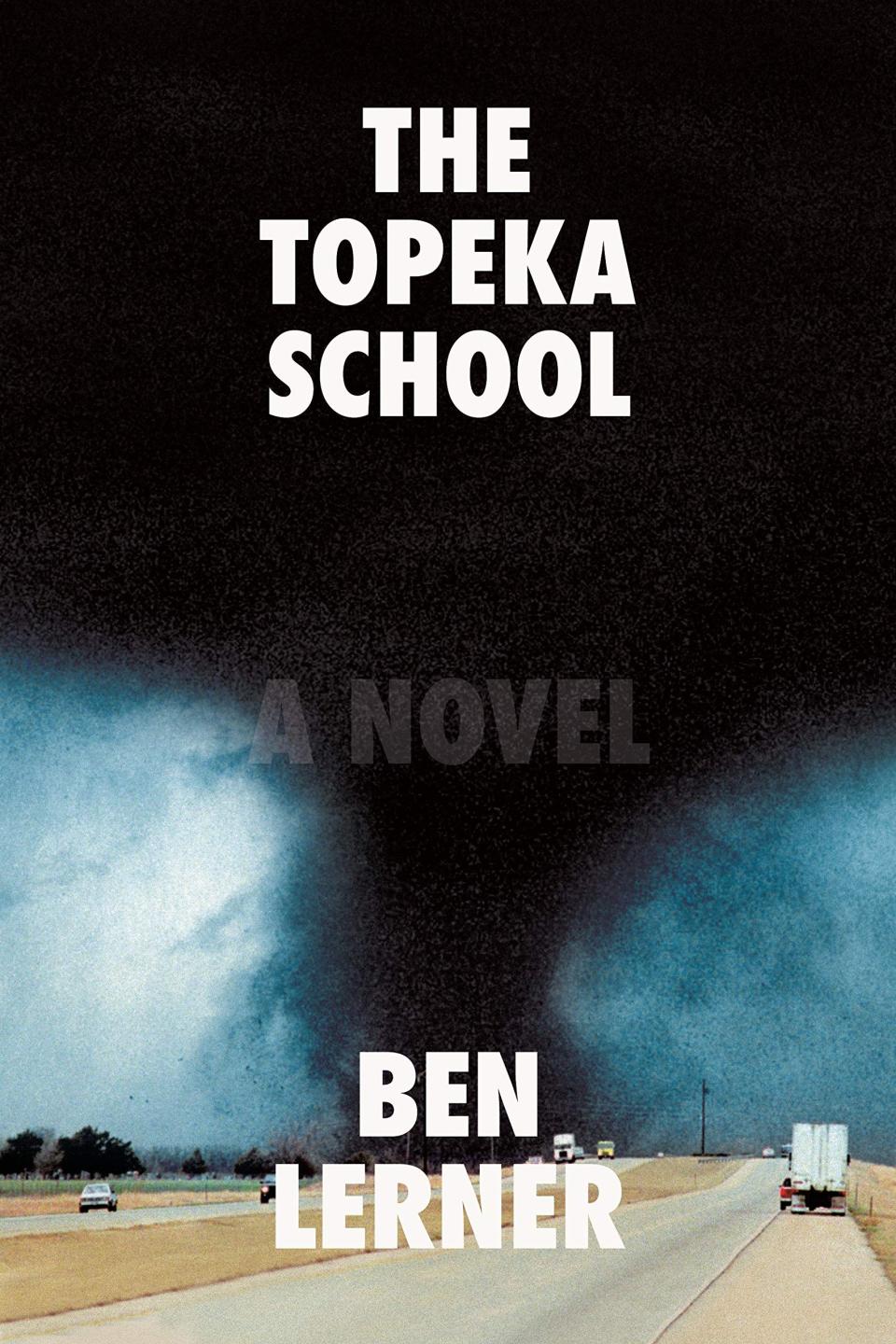
This third novel from Lerner (Leaving the Atocha Station, 10:04) arrives laden with the kind of hype that can sink a story from the get-go (“the future of the novel is here”). And then the book itself—page by page, sentence by sentence—surmounts it. It’s ostensibly the tale of Adam, a high school debate prodigy and self-described “proto-feminist” who aspires to be a poet but in the meantime jockeys for social position by freestyling, and his psychotherapist parents, one of them the author of a bestselling self-help book and “famous in Topeka.” Set variously in the ‘70s and ‘80s of Tab and landlines, and the '90s of Bone Thugs-N-Harmony and Iron John, we’re taken as far as smartphones, Cardi B, and ICE overreach. The onset of a coming, nameless dread is palpable—as is the sublime pleasure of Lerner’s prodigious mastery of plot, style, and form. It would seem foolish not to note that Lerner—one of the central modern autofiction writers—is also a poet who grew up in Topeka, and that his mother and father are both therapists. But to confine it to that genre—or to herald it beyond its aspirations—would be to reduce its power. The Topeka School is a book that stands on its own. - COREY SEYMOUR
All This Could Be Yours by Jami Attenberg (October)
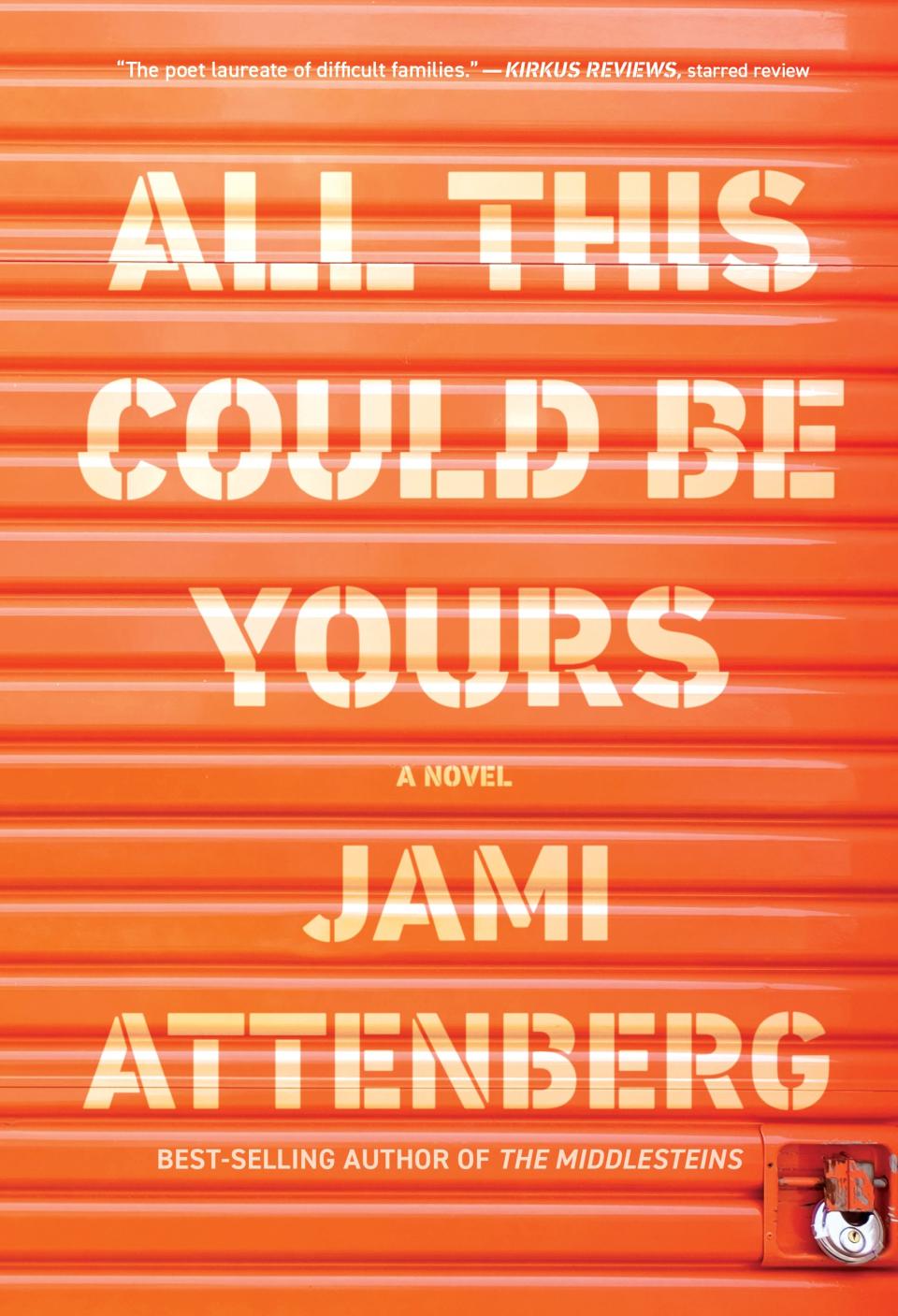
Jami Attenberg returns to the fertile ground of family dysfunction in All This Could Be Yours. After Victor Tuchman, a brutal, taciturn patriarch, suffers a heart attack, the rest of the family is left to reconcile their own intensely flawed relationships, many of which are predicated on lies. Told from a number of perspectives—the son who moved away, the emotionally distant mother, the unhinged daughter-in-law—the story’s narrative center is the daughter, Alex, who is committed to finding some sort of truth about her father. Set in balmy New Orleans (the oppressive heat a character in and of itself), All This Could Be Yours is an engaging, distressing portrait of the enduring wounds—and unshakable connection—of family. - JESSIE HEYMAN
Dear Girls: Intimate Tales, Untold Secrets & Advice for Living Your Best Life by Ali Wong (October)
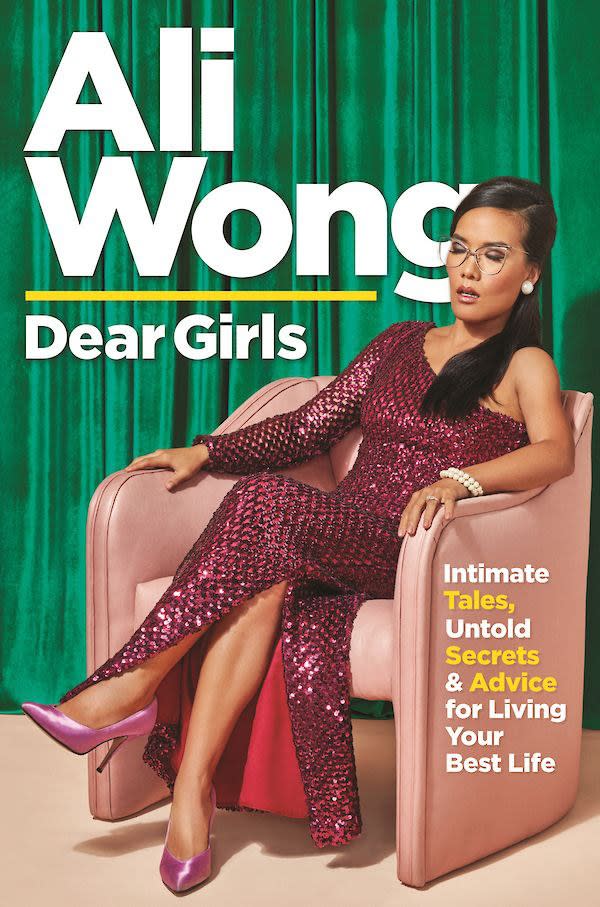
Ali Wong prefers not to focus on breaking barriers, so let us not make too much of the fact that one of our most successful stand-up comedians is a woman of Vietnamese-Chinese descent. Nor will we linger on Wong having been seven-and-a-half months pregnant when she recorded Baby Cobra, the 2016 Netflix special that vaulted her to household-name status. So let us just commend her for her real triumph: She has repurposed the reliably tepid genre of mom-com. In her first book, Dear Girls: Intimate Tales, Untold Secrets & Advice for Living Your Best Life, Wong digs her practical flats deeper into this treacherous terrain and spins a volume whose pages simultaneously shock and satisfy. In sixteen essays framed as letters for her very young daughters to read at a much later date, Wong riffs on her cesarian section and intolerance for plot-free board books, and also opens up about the regular counseling sessions she and her husband attend (“cheaper than a divorce”) and her strained relationship with her mother (whose passive nature made her more “koala mom” than “tiger mom”). Wong, who once joked that “feminism is the worst thing that ever happened to women” (no more lounging around, streaming Netflix at noon!), has always been a stealthy force for women’s empowerment. And that oblique approach continues here: Dear Girls is not so much a real-talk handbook as it is a myth-puncturing manifesto. - LAUREN MECHLING
Horror Stories by Liz Phair (October)
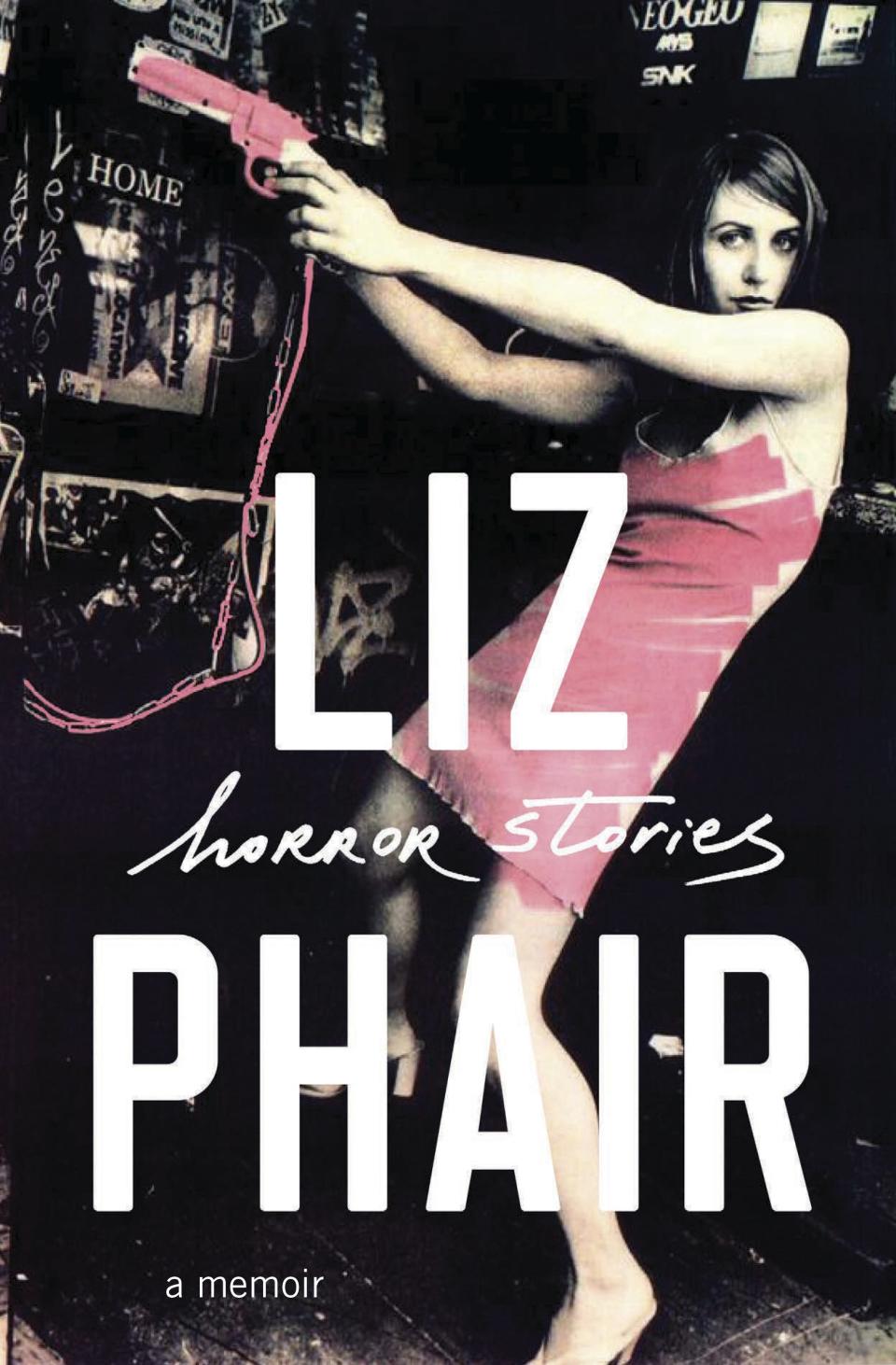
“Every time I recorded an album,” writes Liz Phair, “I was writing my memoirs.” But with Horror Stories, the singer-songwriter has given us the actual goods—a stitched together series of vignettes that moves from her grandparents' farmhouse property outside Cincinnati to her aimless postgrad days, living with her parents and doing the “thankless work of growing up,” to the tour bus that delivers her into the New York City blackout of 2003. Moving along its own fluid timeline, the book reads more like a montage of Phair’s impressions as she embarked on her strange and wondrous career: the insecurity of “feeling like the baby of [the] operation” when she was ostensibly in charge, the small and large humiliations she suffered at the hands of men in positions of power, the disorientations of new motherhood, the consuming excitement of a random crush. Despite the extraordinariness of Phair’s perspective, it’s a strangely identifiable tale, imbued with the singularity of her perspective. - CHLOE SCHAMA
Agent Running in the Field by John Le Carré
Somehow, he has done it again. John Le Carré, who is 87, has written another sophisticated, characteristically dyspeptic espionage novel (his 25th, if anyone’s counting). Agent Running in the Field follows 2017’s better-than-it-had-any-right-to-be #1 bestseller A Legacy of Spies, which brought his famous spymaster George Smiley back for one last hurrah. Legacy felt like a curtain call, but Agent Running in the Field has plenty of pep. It’s set in Brexit London, and begins with a 47-year-old intelligence officer named Nat, who suspects he’s in for an early retirement after a middling career at MI6. He’s more interested in fitting in lunchtime badminton matches than running a station of spies. The badminton material is fantastic—Le Carré captures the atmosphere at Nat’s threadbare sporting club with characteristic ease. And he effortlessly weaves a plot involving a resistance-minded young opponent of Nat’s who is possibly a double agent for Putin’s Russia. This is late-period Le Carré, understated and modulated to the low-key finale, but also deeply pleasurable (and more or less essential for fans like me). - TAYLOR ANTRIM
Find Me by Andre Aciman (October)
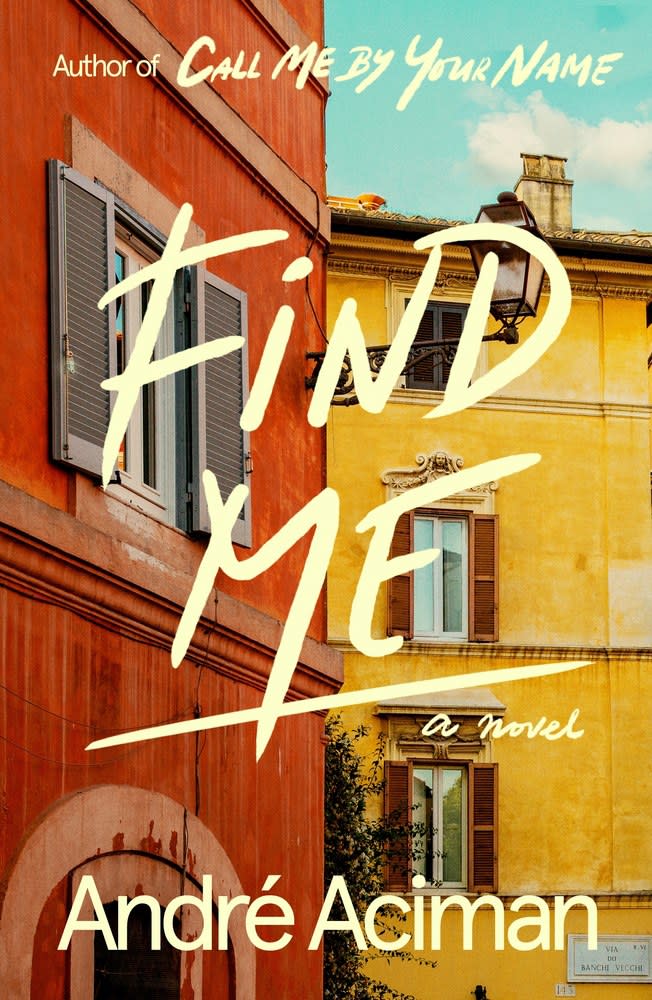
Even those who haven’t read Andre Aciman’s desire-soaked 2007 novel Call Me by Your Name have likely lived through it, by way of Luca Guadagnino’s sumptuous film adaptation starring Timothée Chalomet and Armie Hammer as the lovers Elio and Oliver. Now comes a sequel, Find Me, in which decades have passed and the scorching summer backdrop has given way to autumn. Aciman’s newest work is a composition in multiple movements, the first taking place on a Rome-bound train, where Elio’s newly divorced father meets Miranda, a manic pixie dream ragazza who guides her new acquaintance to his late-stage sexual awakening. Meanwhile, Elio and Oliver live continents apart and have struck up romantic arrangements, each unsatisfying in their own way. “What mattered now,” Oliver realizes with quickening despair, “was unlived.” A study of human intimacies, this novel grapples with one of the most consuming questions of all: Does true love ever die? - LAUREN MECHLING
Still Here: The Madcap, Nervy, Singular Life of Elaine Stritch by Alexandra Jacobs (October)
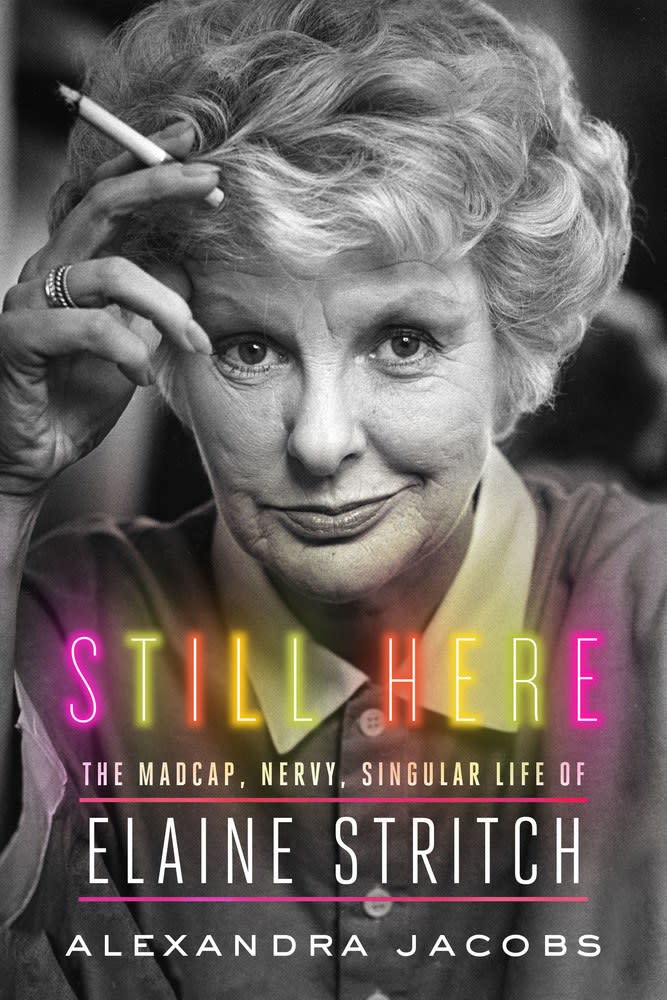
Elaine Stritch, the hard-charging and highball-loving Broadway baby, is the subject of Alexandra Jacobs’s zingy and rigorously researched biography, Still Here: The Madcap, Nervy, Singular Life of Elaine Stritch. The spitfire youngest daughter of a Catholic family in Detroit, Stritch’s antics among high society landed her in the Michigan gossip columns even before she blazed into the Big Apple as a teenager determined to find a place in the stage lights. More striking than pretty, with a throaty, commanding voice, Stritch’s singular verve and vulnerability earned her Tony nominations and acclaim—onstage and within the afterparty circuit. A spinster who once quipped that her closet was already too full of clothes to ever consider marrying, Stritch did eventually acquire a husband, though her greatest romance was with her art. A front row ticket to the golden age of musical theater, Still Here is also an unequivocal celebration of those who dare to sing a slightly different tune. - LAUREN MECHLING
The Problem with Everything: My Journey Through the New Culture Wars by Meghan Daum (October)
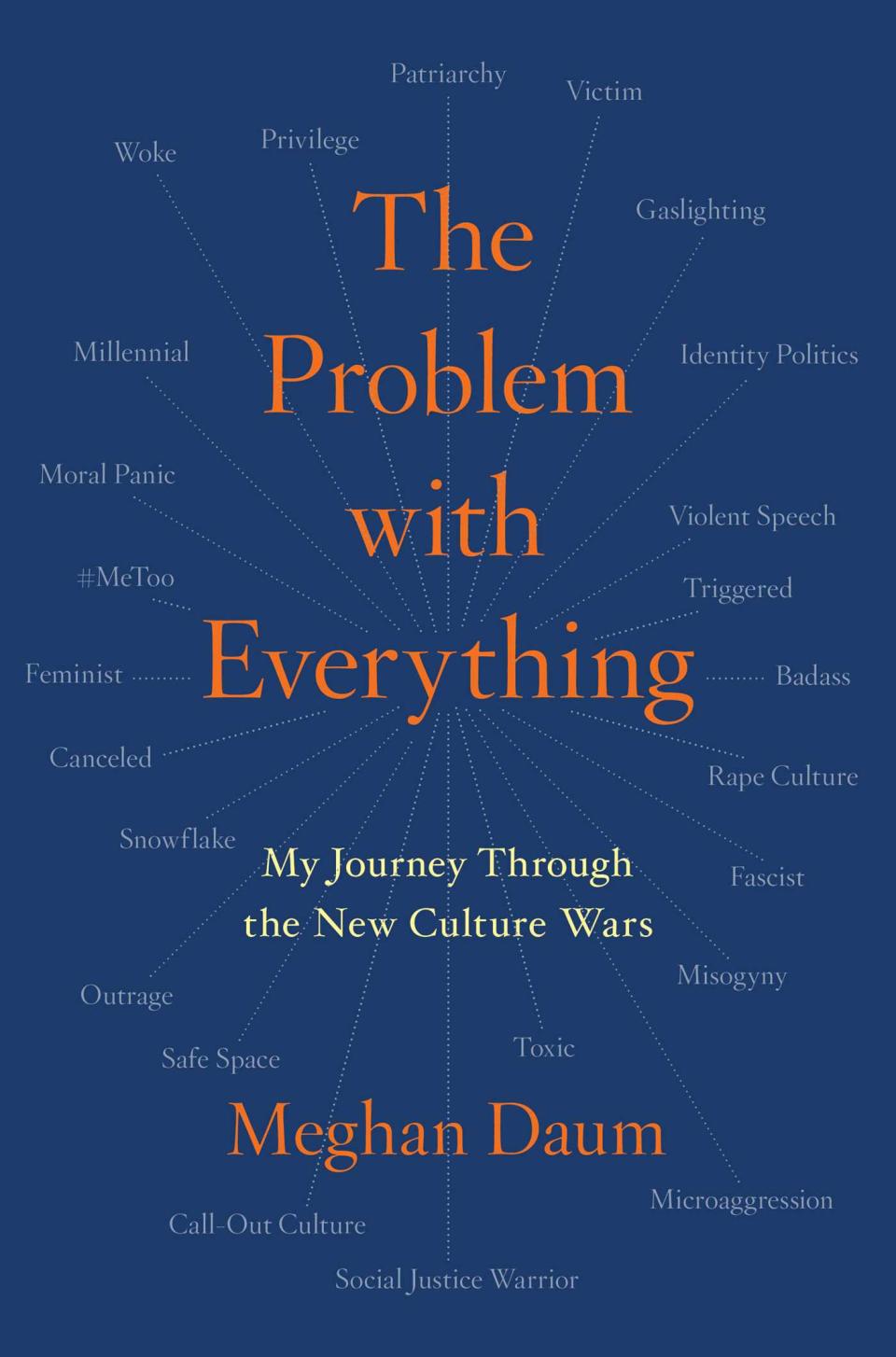
Meghan Daum’s most fearless writing has always been her most personal. An award-winning essayist and journalist, and frequent Vogue contributor, Daum combines probing cultural commentary with bracingly introspective confession. But nothing she’s written before is quite as brave as The Problem With Everything: My Journey Through the New Culture Wars, a lament over the contradictions and paradoxes now gripping the resistance-mad left. Daum is herself a liberal, a Gen-Xer who has reliably voted Democratic her entire life, and she is as mortified at the Trump presidency as the next thoughtful person. But she’s also gripped with dismay at the way nuance and complexity have disappeared from the discourse around feminism, #MeToo, identity politics, and other preoccupations among the liberal social-media set. Her willingness to question dogma and call out virtue-signaling will infuriate some, but I found her approach affectingly personal, achingly earnest, and something close to necessary. - TAYLOR ANTRIM
Little Weirds by Jenny Slate (November)
Actress Jenny Slate, a regular on indie film credits and co-creator and voice of Marcel the Shell with Shoes On, a viral stop-animation video about an endearingly quirky anthropomorphic shell, experiments with a different type of protective armor in Little Weirds, her alternatively tender and twee not-exactly memoir. The comedian, who was romantically on and off with Chris Evans for a few recent years, doesn’t name names in her meditations on heartbreak and loneliness. She wraps her themes in ethereal layers of whimsy, fantasizing throughout that is not a woman but instead a mouse, a croissant, and a lighthouse. Rather than asking herself “the same old questions,” the comedian posits, “what if I only dreamed gardens, what if I ate carrots because what if I were a pleasant rabbit?” The party trick isn’t for everyone, but fans and gossip mongers are bound to have fun. - LAUREN MECHLING
Originally Appeared on Vogue

